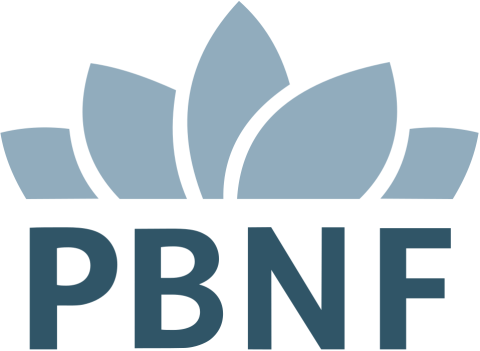
- Summary
- Objectives
- Status
- Project Publications
The Elephant in the Towns Commons
In India, nearly 15,000 elephants (~50% of its population) live outside protected areas in and around densely populated (up to 400 people/sq. km) agropastoral landscapes. Loss of elephant habitat over time, change in land-use and archaic farming practices have all resulted in increased human-elephant conflict (HEC). This project is a long-term approach (3 year plan, 2016-2019) to protecting elephants and improving livelihoods of people (safety and food security) through community empowerment and reduction in poaching and HEC.
- Summary
- Objectives
- Status
- Project Publications
Saving Sharks through Transparent Seafood Supply Chains
Sharks are one of the most threatened group of species in the world. India is the third largest shark catching nation in the world. Hence, preventing the capture of sharks in India is crucial to global shark conservation. Policy has proved relatively ineffective in protecting India’s sharks, owing to the lack of effective monitoring and enforcement. In contrast, grassroots approaches that are inclusive of fishing communities have seen better results as pilot programmes.
- Summary
- Objectives
- Status
- Project Publications
No More Shark Bites
Shark meat consumption, including that of critically endangered species like the great hammerhead shark (Sphyrna mokarran) and scalloped hammerhead (Sphyrna lewini) shark, is rampant in homes and restaurants in India. While shark meat consumption has typically been a part of fishing communities’ diet, with India’s increasing population especially along the coasts, this is becoming an increasing threat to shark populations. This project examines targeted shark and ray fisheries in Andhra Pradesh and Goa, as well as the consumption of shark meat across India.